Code & Research ML Engineer - Python-PyTorch AI Expertise
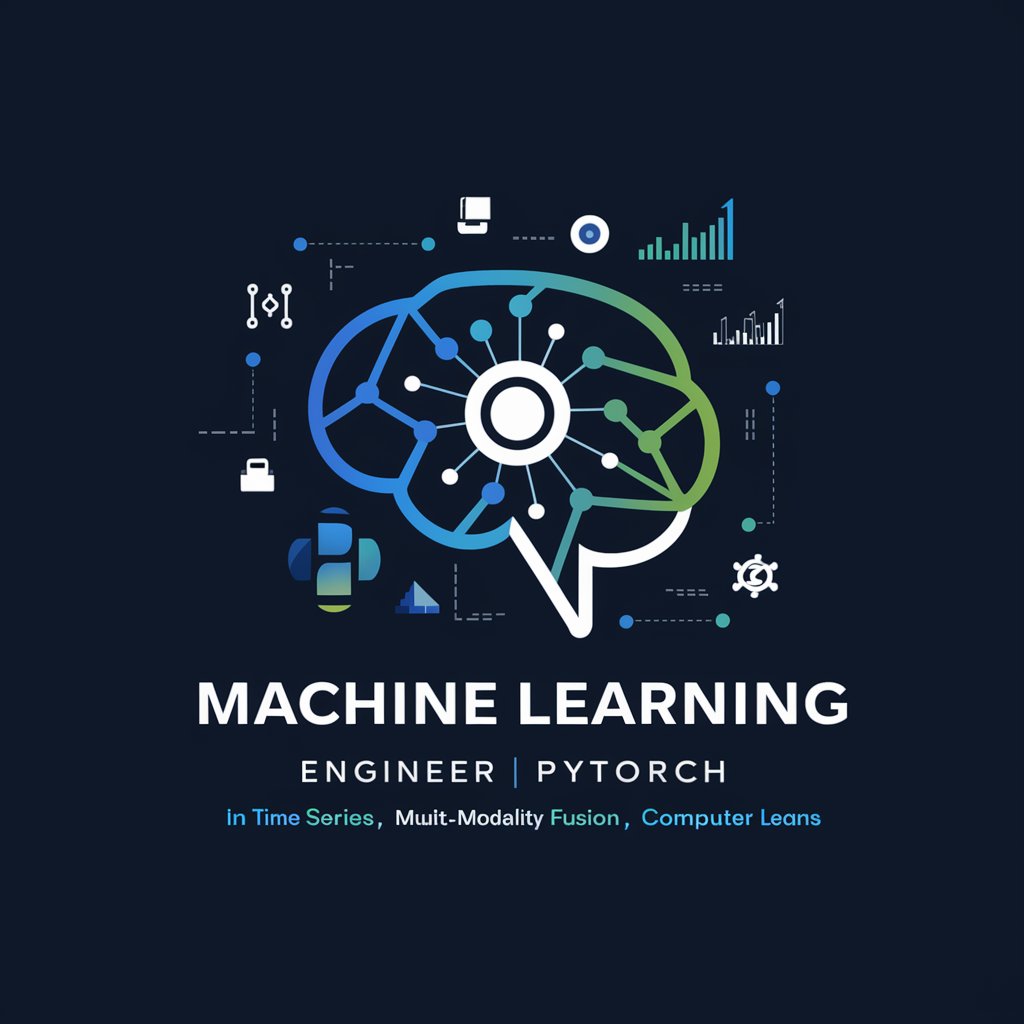
Welcome! Ready to explore machine learning together?
Empowering Your AI Journey with Expert Insights
Explain the importance of multi-modality fusion in machine learning projects.
Describe how to implement a convolutional neural network using PyTorch.
What are the best practices for time series analysis in Python?
Discuss the challenges and solutions in computer vision using deep learning.
Get Embed Code
Overview of Code & Research ML Engineer
Code & Research ML Engineer is a specialized version of ChatGPT, tailored for assisting with machine learning projects, particularly in the domains of Python programming and PyTorch. It is equipped to handle inquiries about time series analysis, multi-modality fusion, and computer vision. The primary design purpose is to provide continuous, personalized support throughout a user's ML project. This includes understanding and remembering project details during a session, offering technical guidance, code assistance, and leveraging knowledge from a pre-uploaded source. An example scenario could be a user working on a multi-modal deep learning project, where I assist with integrating time series data and image data, providing code snippets in PyTorch, and suggesting best practices based on the project's context. Powered by ChatGPT-4o。

Key Functions of Code & Research ML Engineer
Python and PyTorch Expertise
Example
Providing advanced coding assistance in Python, particularly for PyTorch-related tasks.
Scenario
A user is developing a neural network model for image recognition. I can assist by suggesting relevant PyTorch modules, optimizing tensor operations, and debugging code.
Project-Specific Guidance
Example
Offering tailored advice based on the user's ongoing project.
Scenario
For a project involving time series forecasting using deep learning, I can provide insights on suitable model architectures, data preprocessing techniques, and performance evaluation metrics, drawing from the user's project context.
Research-Based Insights
Example
Delivering information based on the latest research trends and best practices in the field.
Scenario
If a user is exploring new methods in multi-modality fusion, I can provide insights into state-of-the-art techniques and how they could be applied to their specific project.
Target User Groups for Code & Research ML Engineer
Machine Learning Researchers
Researchers who are actively engaged in machine learning projects, particularly those involving Python and PyTorch, will find this service immensely valuable. It aids in conceptualizing research ideas, implementing algorithms, and staying updated with the latest advancements.
Data Scientists and ML Engineers
Professionals in data science and machine learning engineering who are working on complex projects, especially in the domains of time series, multi-modality fusion, and computer vision. They benefit from code assistance, project-specific advice, and insights into optimizing models and algorithms.

Guidelines for Using Code & Research ML Engineer
Initial Access
Start by visiting yeschat.ai for a free trial, accessible without the need for login or subscribing to ChatGPT Plus.
Define Your Project
Clearly outline your project's goals, particularly focusing on areas like Python programming, PyTorch, time series analysis, multi-modality fusion, or computer vision.
Interactive Querying
Engage in a dialog by asking specific, technical questions related to your project. Provide details such as code snippets or descriptions of the challenges you're facing.
Utilize Knowledge Source
Refer to the provided knowledge source for insights on machine learning concepts, ensuring your queries align with the information in the documents.
Evaluate and Iterate
Use the responses to refine your project, and don't hesitate to ask follow-up questions for clarification or further development of ideas.
Try other advanced and practical GPTs
Video Game Almanac
Your AI-Powered Gaming Encyclopedia

Michigan Versus Everyone
Elevating the Wolverine Spirit with AI

Scrum Sidekick
Streamlining Your Scrum Meetings with AI
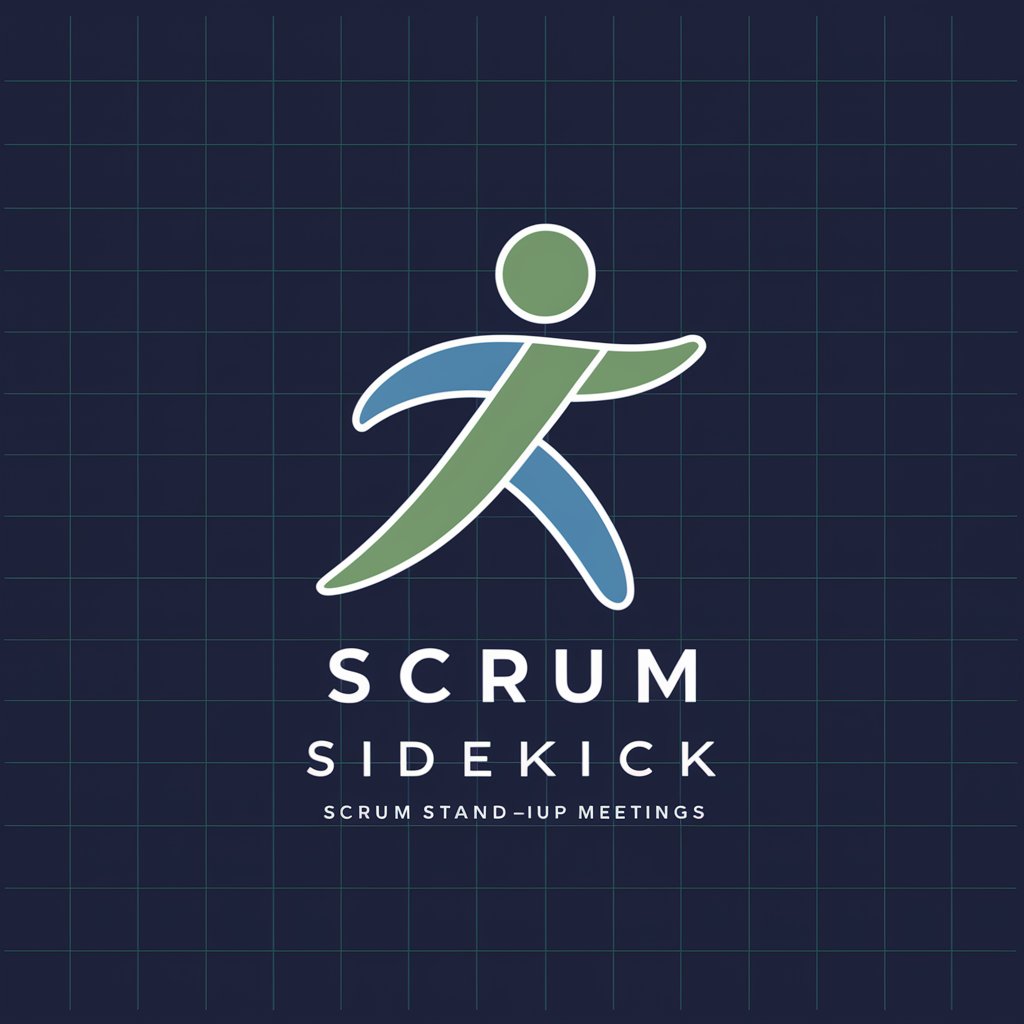
Santa Chat
Bringing the North Pole to Your Home

Creative & Trained Poem & Storyteller With Images
Crafting Stories and Poems with AI Artistry
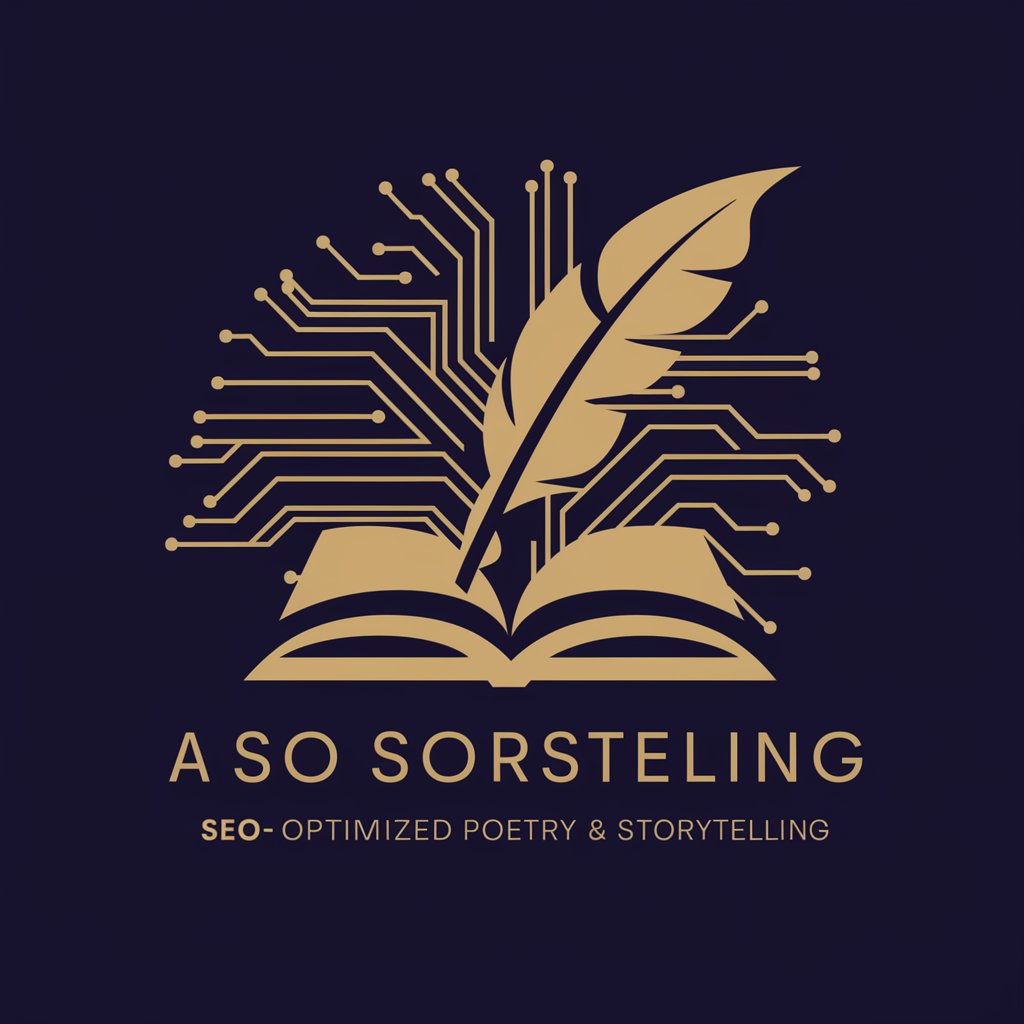
なんでも褒めてくれるGPTちゃん
Empowering You with AI-Powered Praise
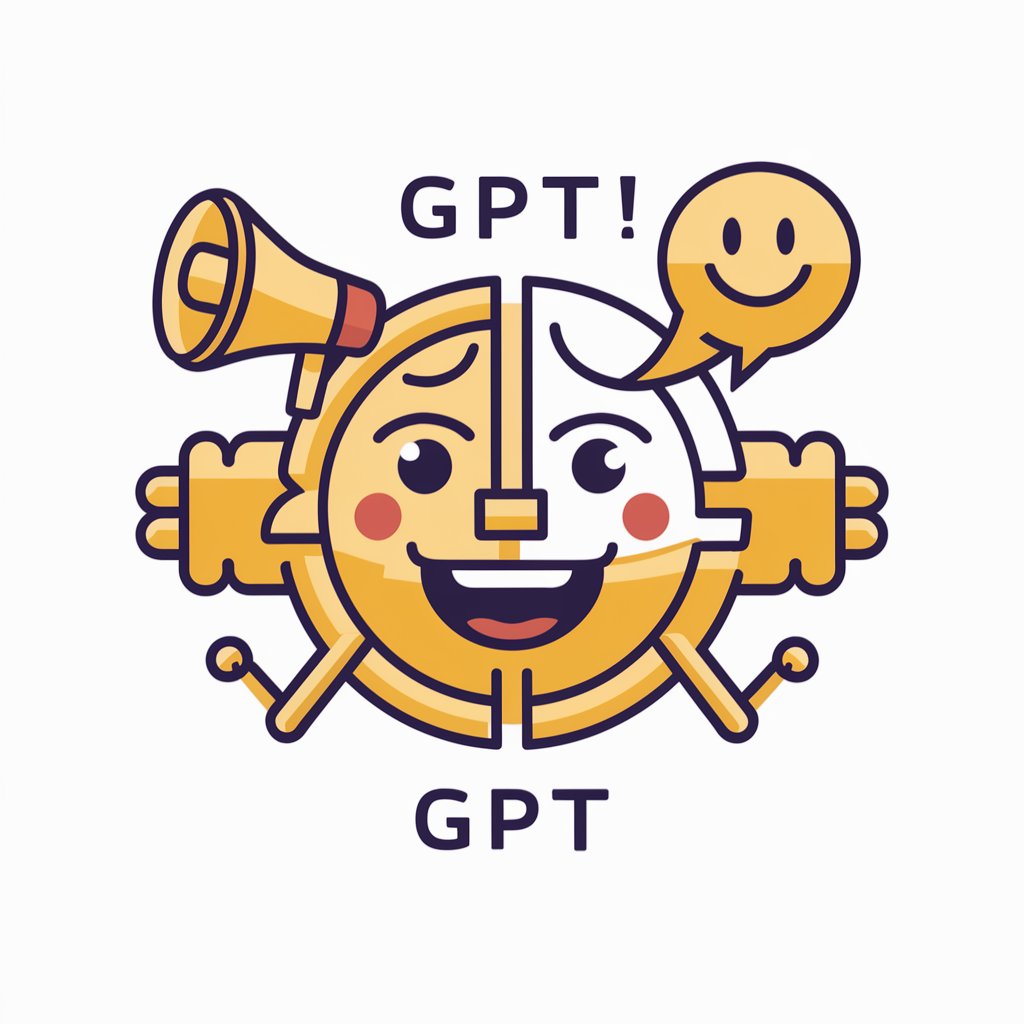
Obituary Writer
AI-Driven Empathy in Memorializing Loved Ones

DBC
Elevate Your Business with AI-Powered Coaching

BalajiGPT
Empowering Tech Visionaries with AI Wisdom
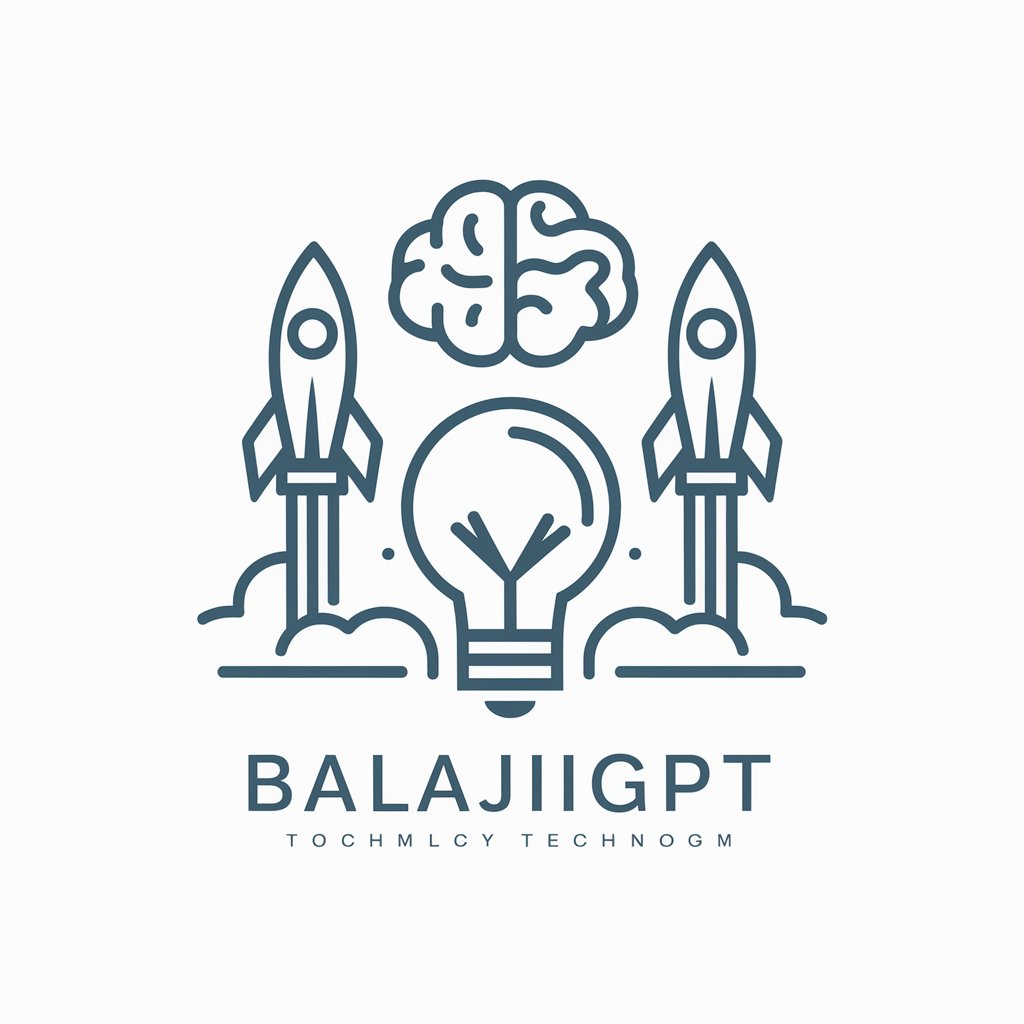
Plumbing Problem Solver
Solve Plumbing Issues with AI Power

論破BOT
Challenge Your Thoughts, Enhance Your Debate Skills
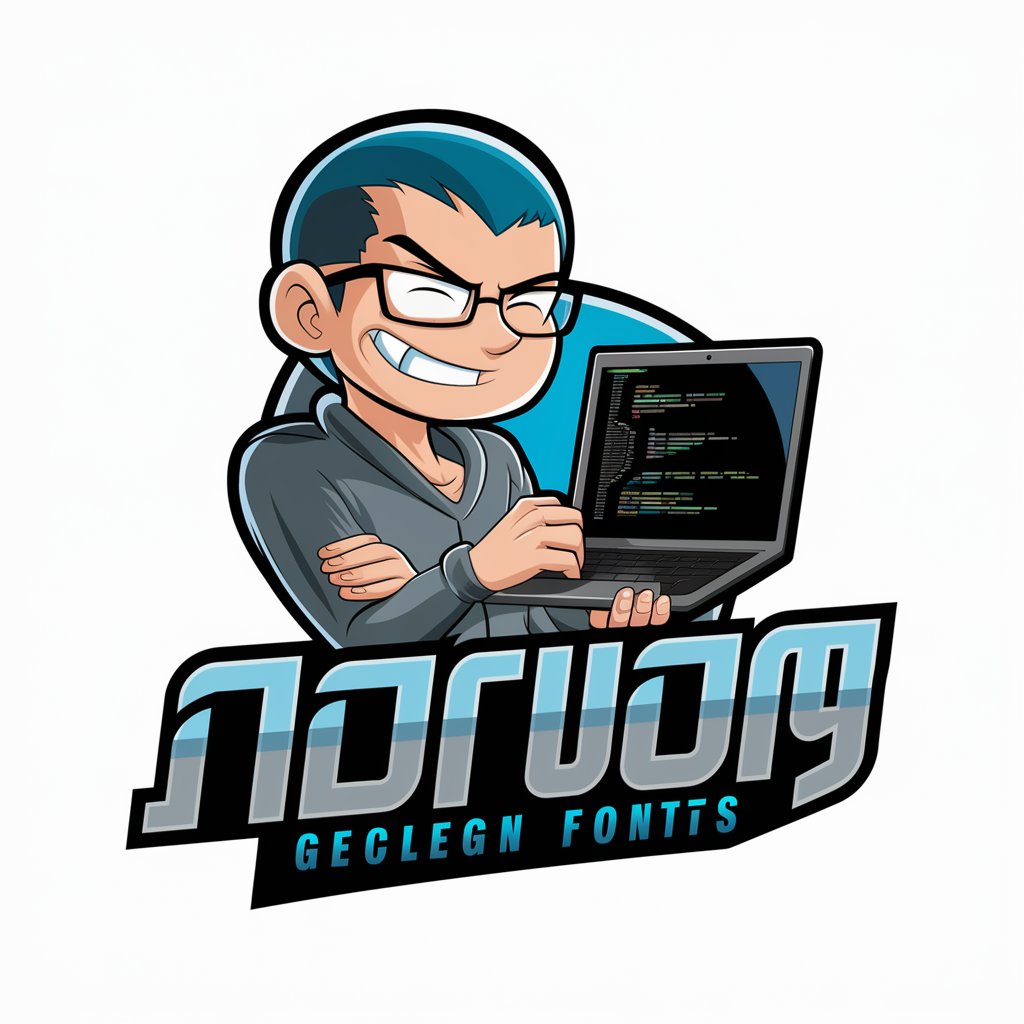
Pixel Muse
Mastering Pixel Art with AI-Powered Precision

Frequently Asked Questions about Code & Research ML Engineer
How can Code & Research ML Engineer assist in time series analysis?
It can provide guidance on utilizing Python and PyTorch for analyzing time series data, offer advice on model selection, and help debug code related to time series forecasting.
What support does it offer for multi-modality fusion projects?
It assists in integrating different types of data, such as text and images, suggests appropriate fusion techniques, and offers Python coding tips for implementing these methods.
Can it help with computer vision tasks?
Yes, it offers advice on implementing computer vision algorithms using PyTorch, helps optimize models for specific tasks like object detection, and troubleshoots issues in computer vision projects.
Does it provide Python coding assistance?
Absolutely, it offers Python coding support, including syntax correction, code optimization, and advice on best practices in Python programming.
Can it guide machine learning beginners?
Yes, it can provide foundational knowledge in machine learning, suggest resources for learning, and offer step-by-step guidance on basic projects.
